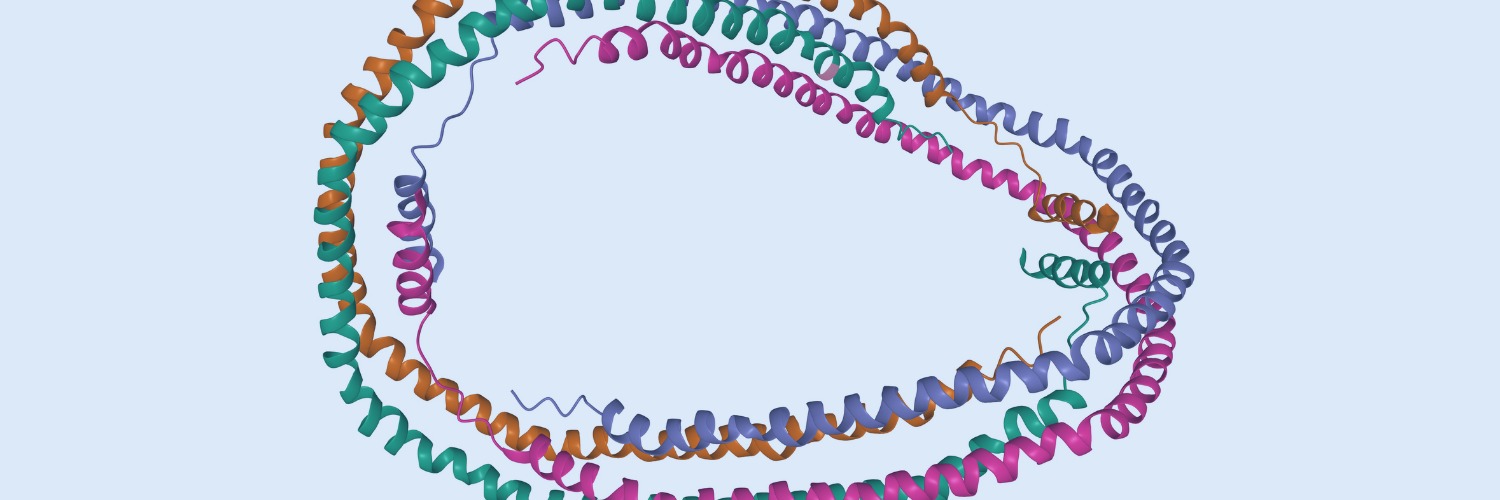Chimeric antigen receptor T cell (CAR-T) therapies show considerable clinical efficacy in patients with B cell malignancies, but their efficacy is limited in patients with T cell acute lymphoblastic leukemia (T-ALL). CD5 is expressed on ∼85 % of malignant T cells, and CD5-targeting CAR-T cells can exhibit potent antitumor activity against T-ALL. However, optimization of CAR costimulatory endo-, hinge, and transmembrane domains could further increase their expansion and persistence, thereby enhancing their efficacy following exposure to tumor cells. Here we designed CD5-specific CARs with different molecular structures to generate CAR-T cells and investigated their anti-tumor efficacy in vitro and in vivo. CD5 CARs with a 4-1BB costimulatory domain (BB.z) or a CD28 costimulatory domain (28.z) exhibited specific cytotoxicity against CD5 malignant cells in vitro. However, both failed to prolong the survival of T-ALL xenograft mice. Subsequently, we substituted the 28.z CAR hinge region with C2C3, which enhanced the ability of C2C3-CD5 CAR-T cells to specifically eradicate T-ALL cells in vitro and in vivo. Furthermore, patient-derived C2C3-CD5 CAR-T cells were generated which showed a marked killing effect of CD5-positive acute T-ALL cells in vitro. The anti-tumor activity of CD5 CAR-T cells with a CD28 co-stimulation domain and C2C3 hinge region was superior to those with BB.z and 28.z domains. These preclinical data provided new insights into the factors dictating efficacy in T-ALL treatment with CAR-T cells and hold promise for clinical translation.Copyright © 2023 Elsevier B.V. All rights reserved.















